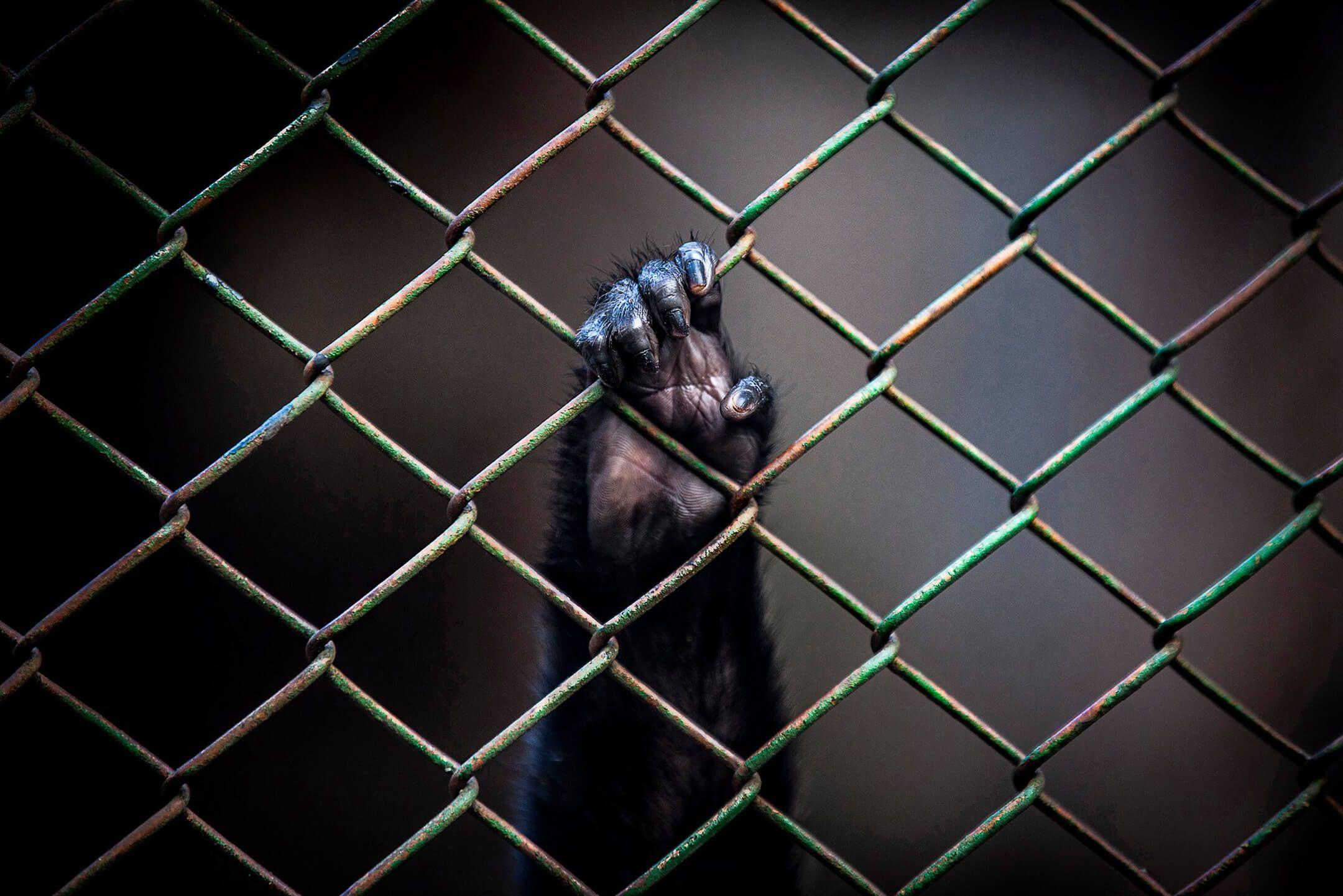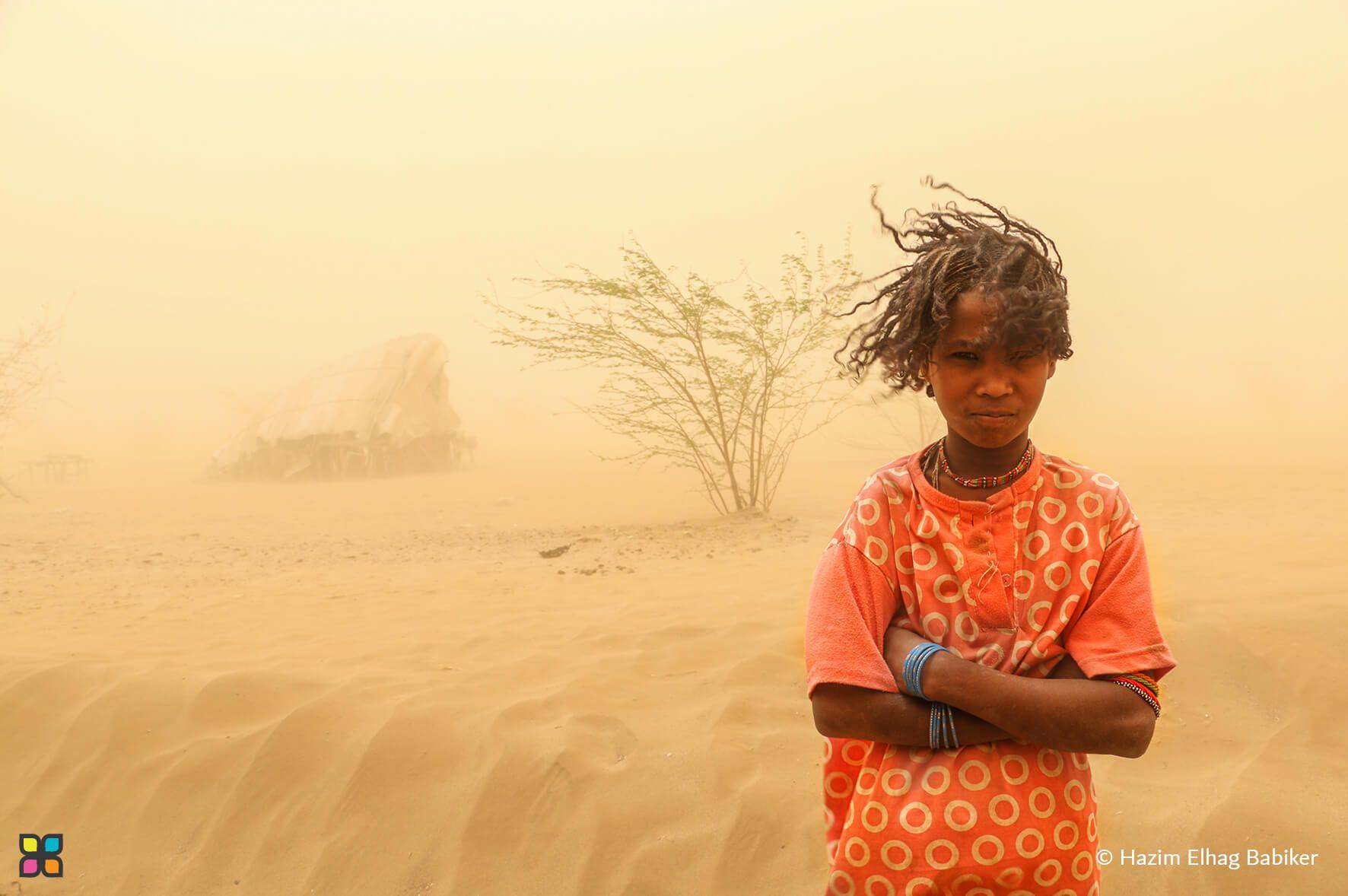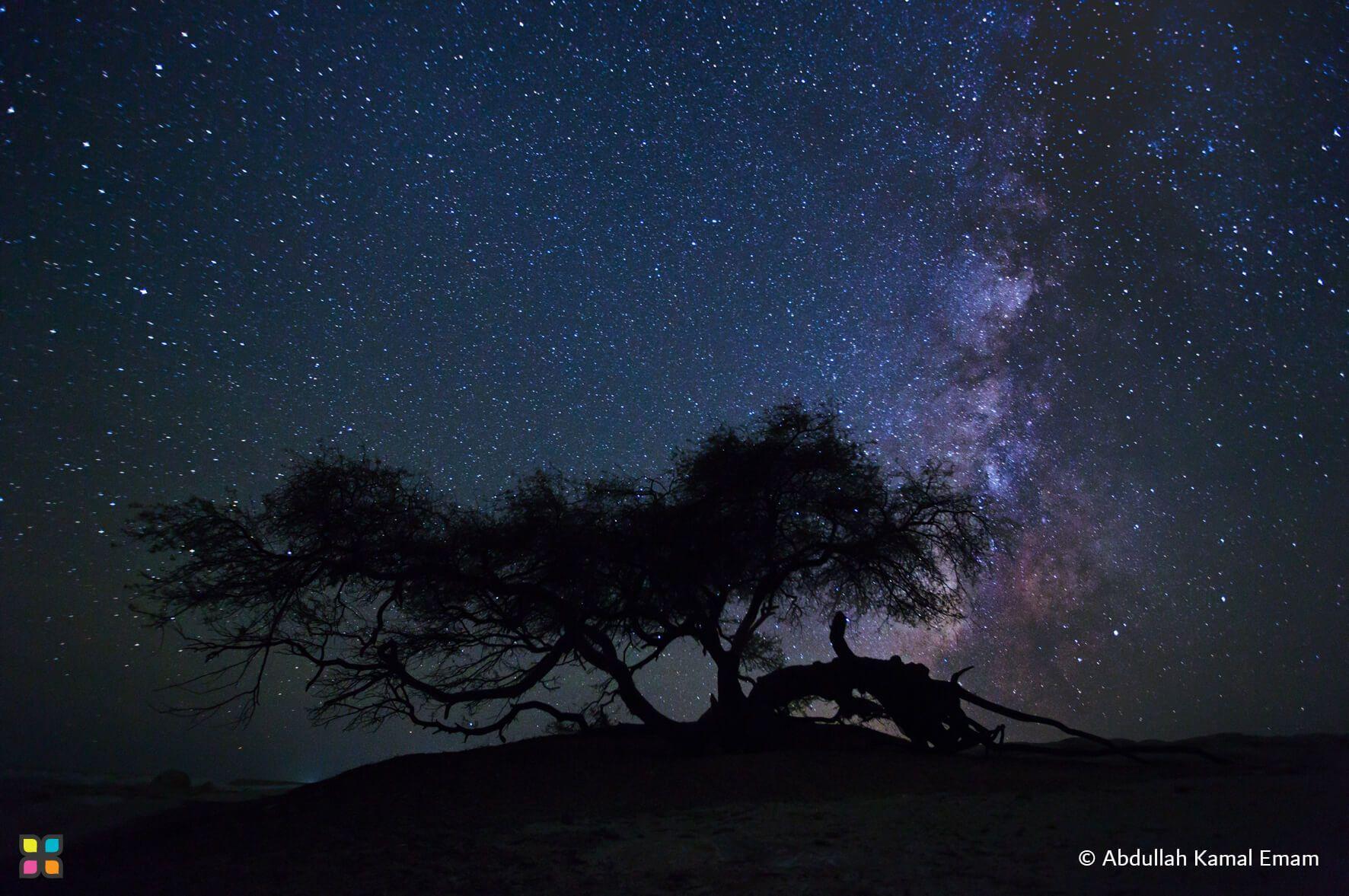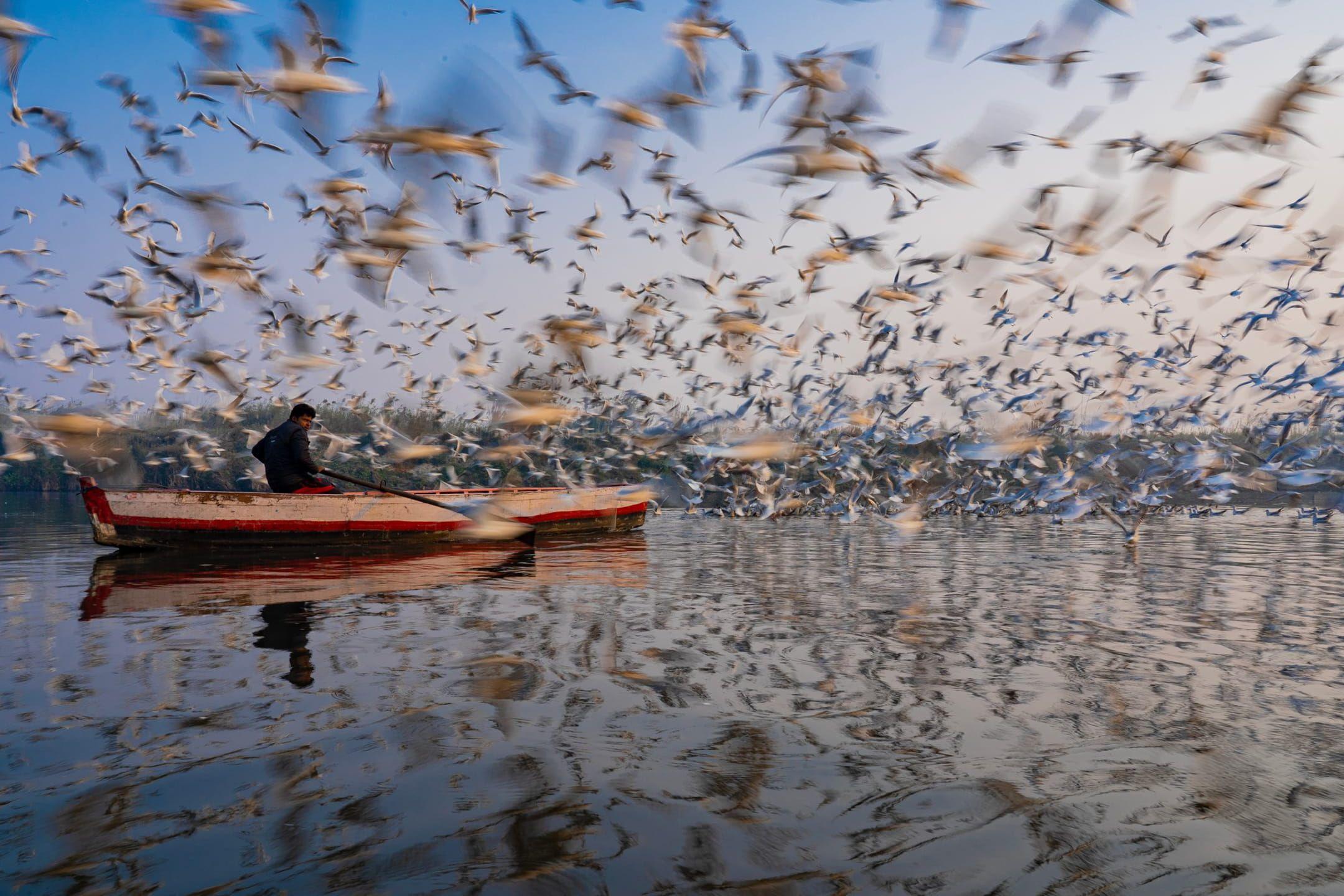The vibrant wildlife that inhabits our planet is born into vast expanses of diverse habitats to roam, hunt, play, and raise young. Lush forests, deep blue ocean waters, icy Arctic shelves, desert sands under blue skies - to name a few.
However, for millions of animals worldwide, that space shrinks to that of a tiny metal cage. Whether for public exhibition, wildlife trafficking or trade - birds, mammals, fish, reptiles and a variety of other wildlife are held captive. In Colombia, for example, home to over 37 species of monkeys, primates are among the most trafficked species. Even when rescued, they may be traumatised and unable to return to the wild, spending their lives in captivity.
As of 2025, at least 10 countries have legally recognised animal sentience to protect their welfare and rights. Nevertheless, global wildlife populations have plummeted by 73% on average between 1970 and 2020. Sadly, over 2000 wildlife trafficking and poaching incidents affected more than 100,000 wild animals from 2017 to 2022. Behind these figures are individuals - social, intelligent beings deprived of their natural lives.
On this World Animal Day, we invite you to reflect on the welfare of the wildlife around you. Are our fellow living beings receiving the dignity, respect and consideration they deserve?
This award-winning photograph was shortlisted in the Planet Category of the COP28 Photography Competition, a collaboration between The Climate Tribe and the Hamdan bin Mohamed bin Rashid al Maktoum International Photography Award (HIPA). The Climate Tribe has partnered with HIPA to leverage the power of photography to inspire global awareness of sustainability and advance climate action.
Most Popular
The Climate Tribe delivers stories about Biodiversity and Conservation, Circular Economy, Food and Water , and how they intersect with climate.
Subscribe
Get the latest stories inspiring climate action around the globe straight to your inbox.







